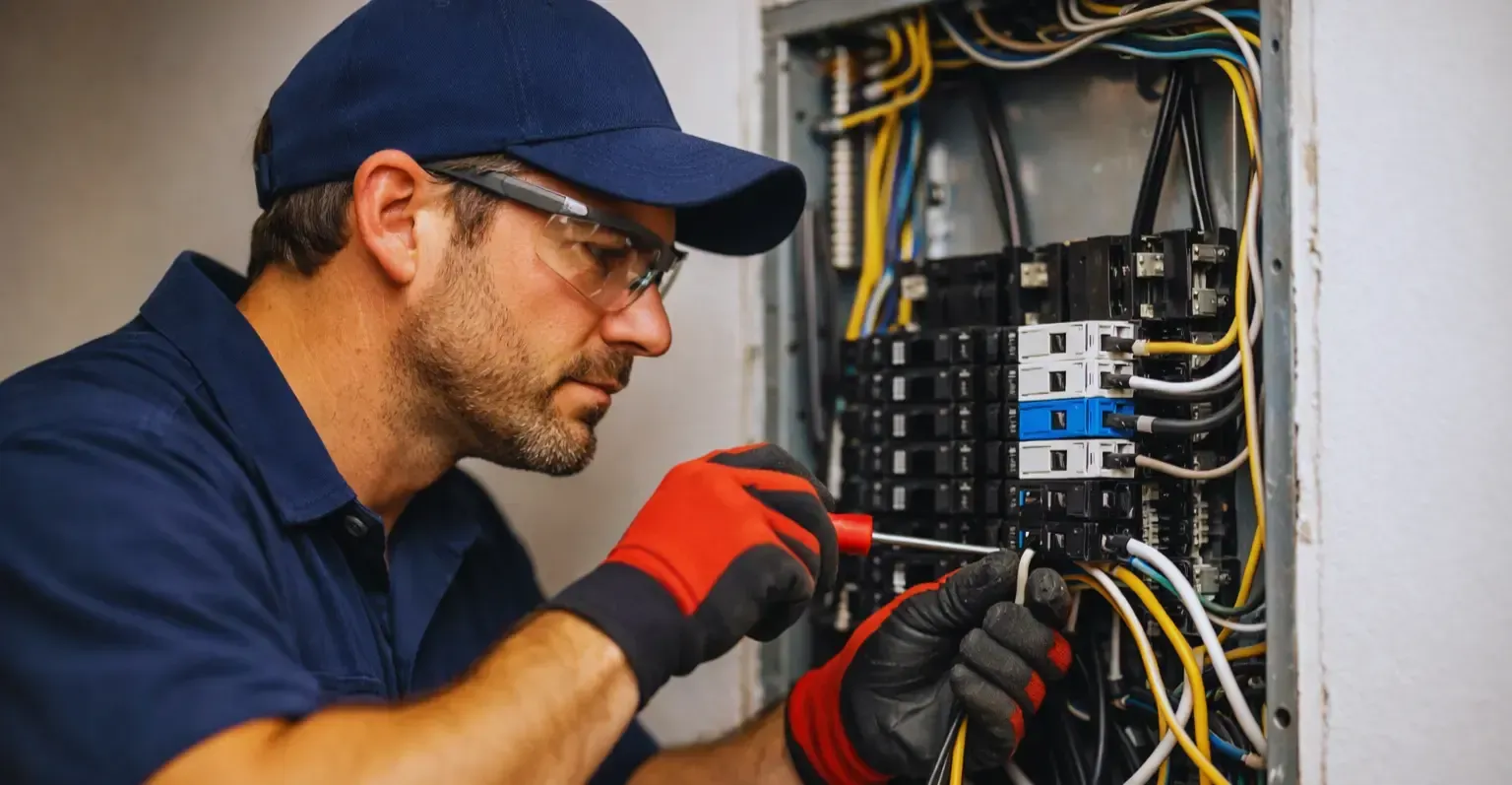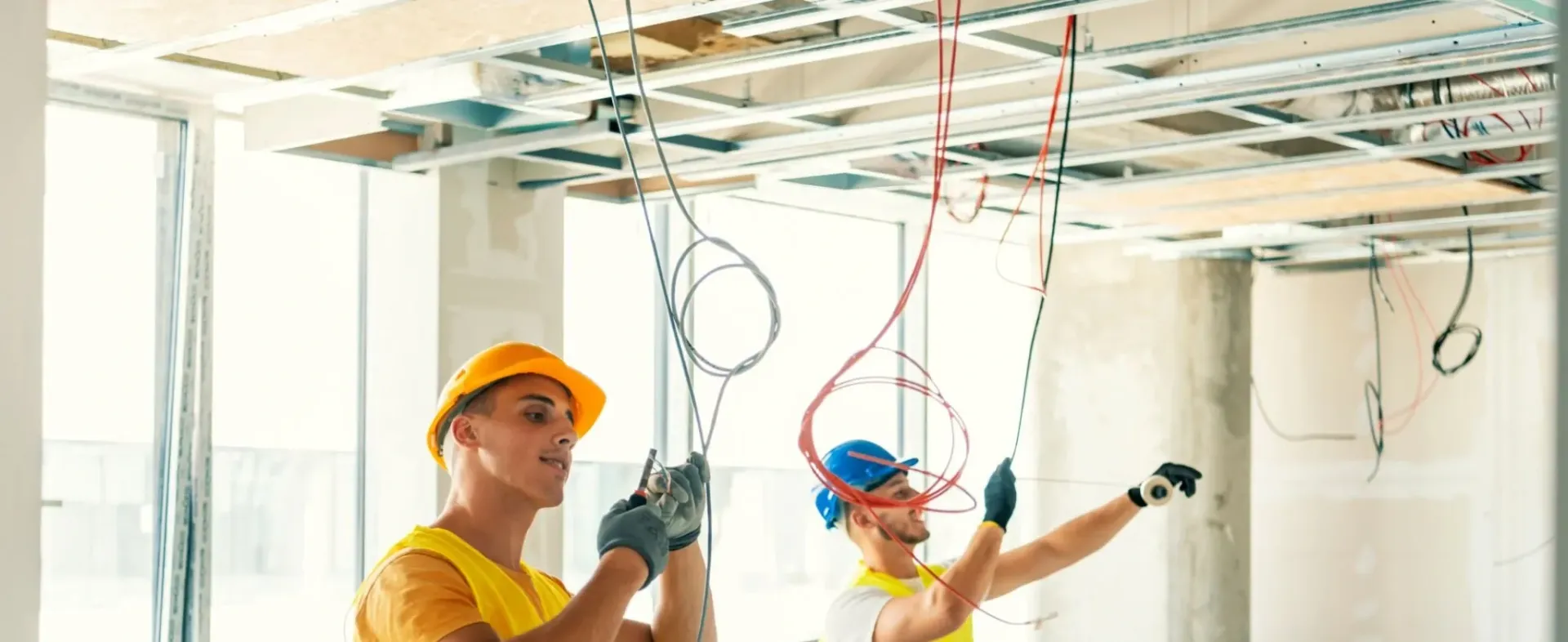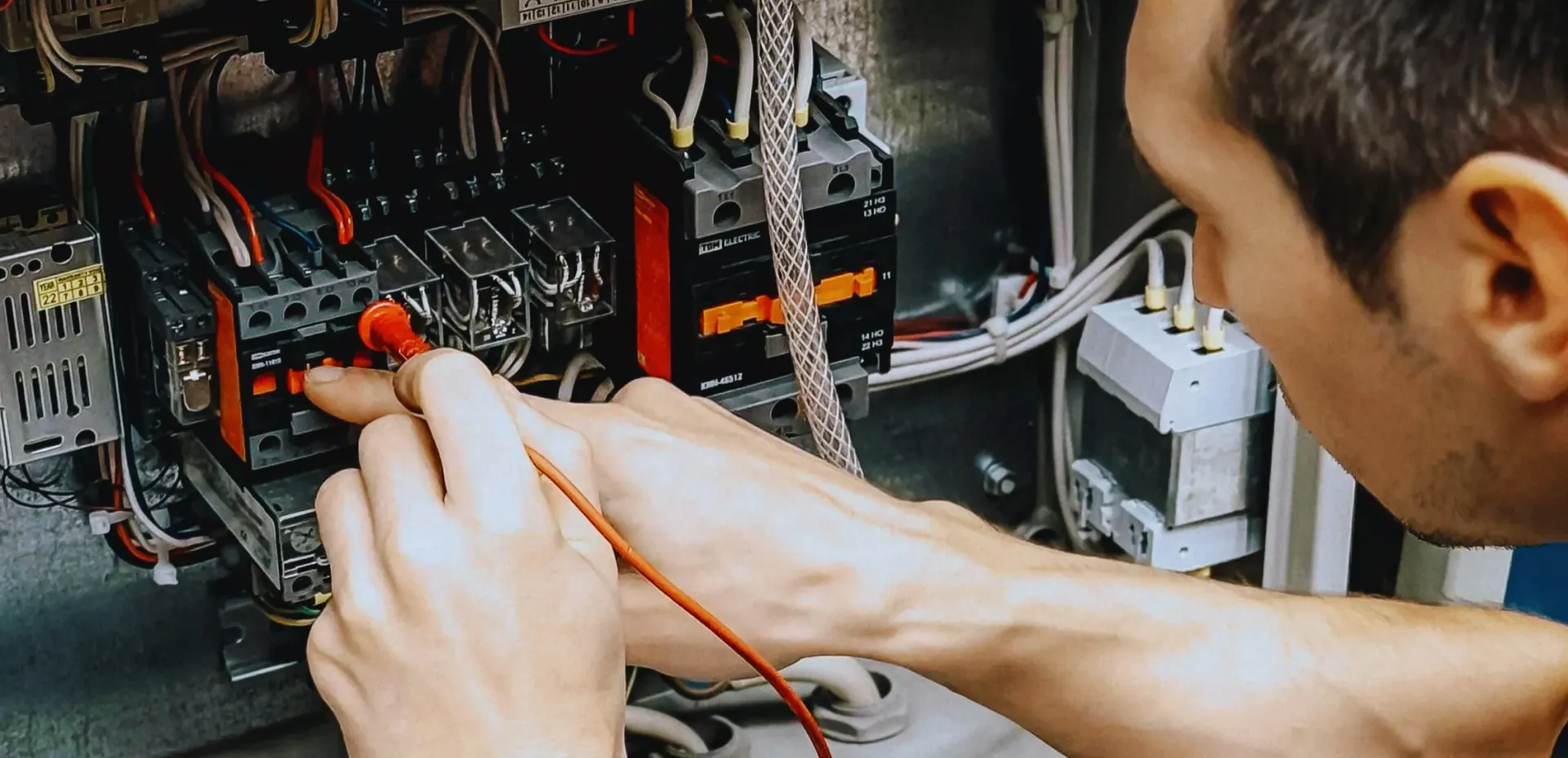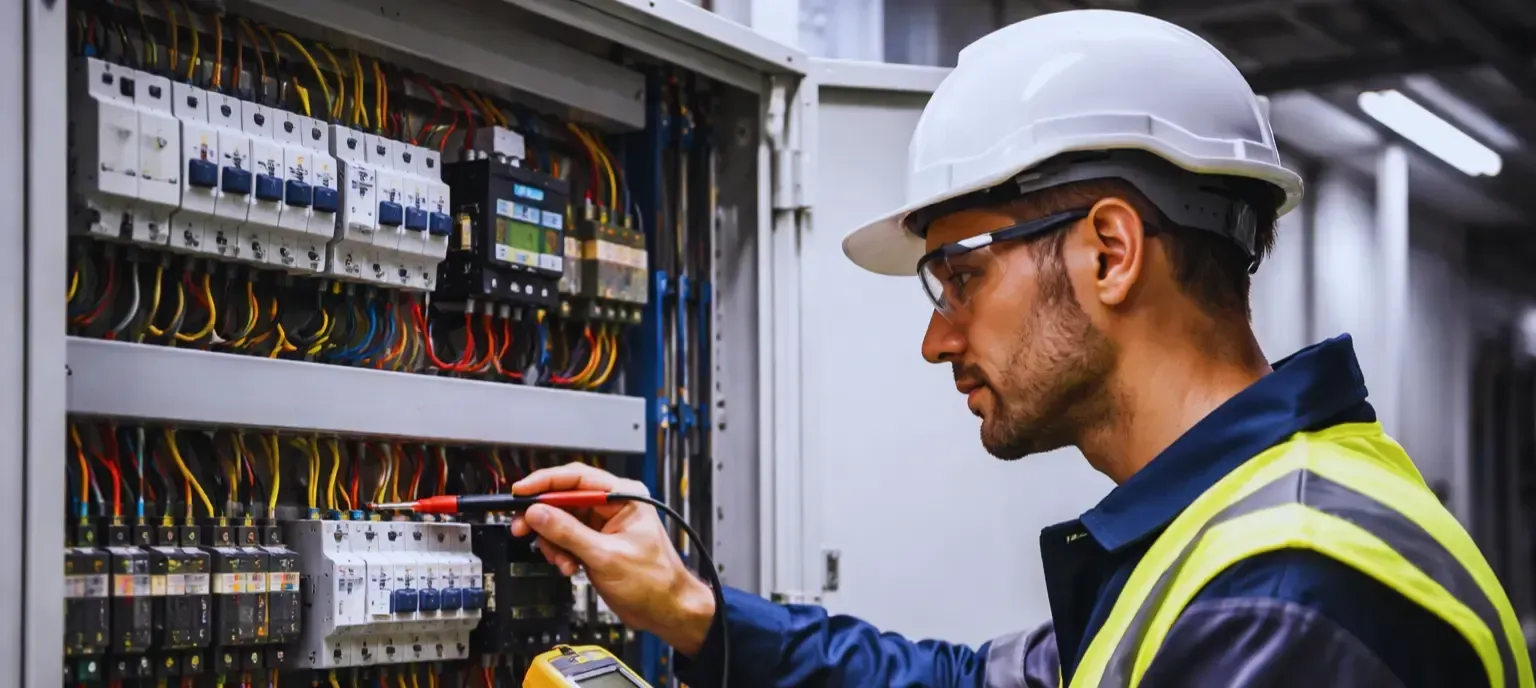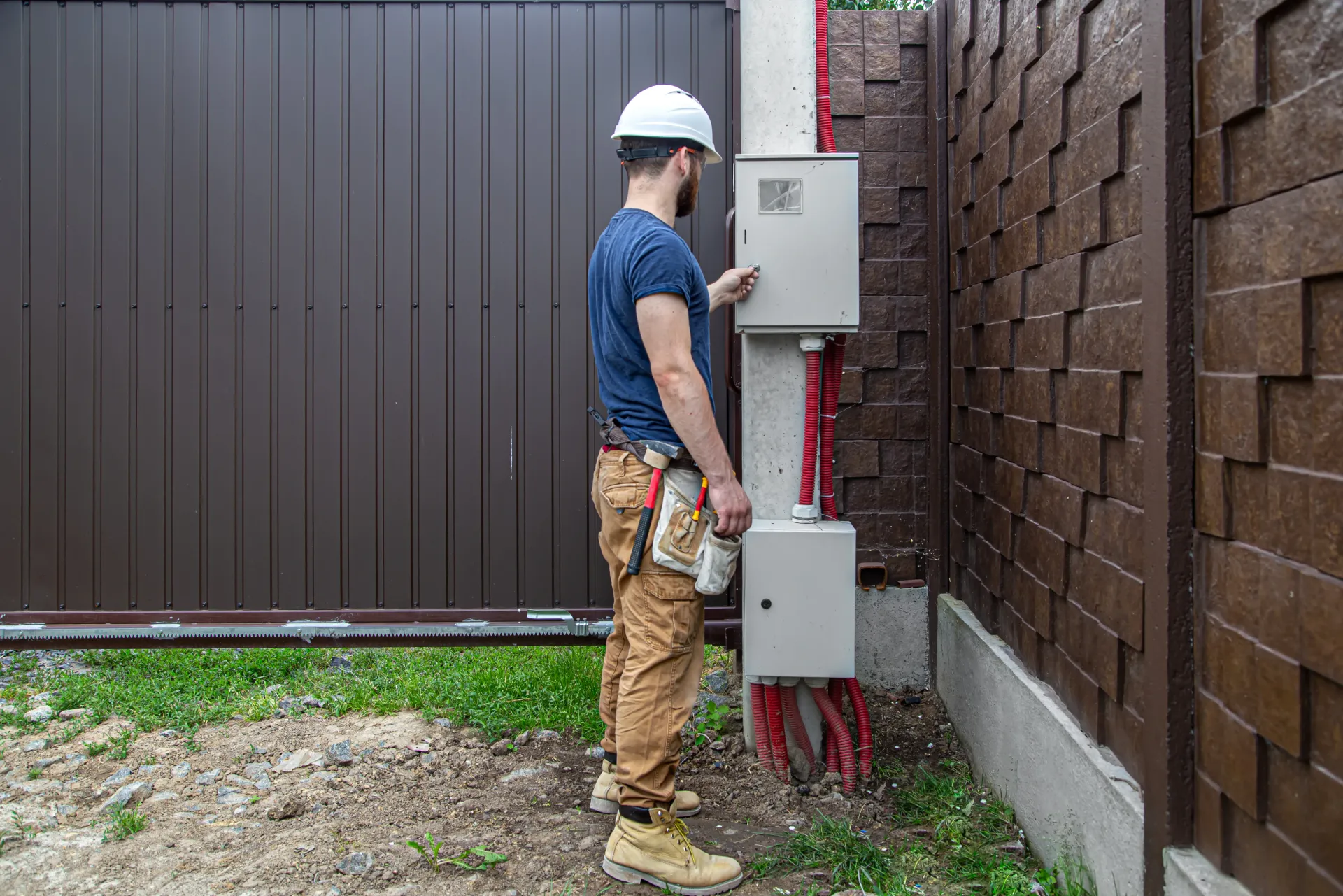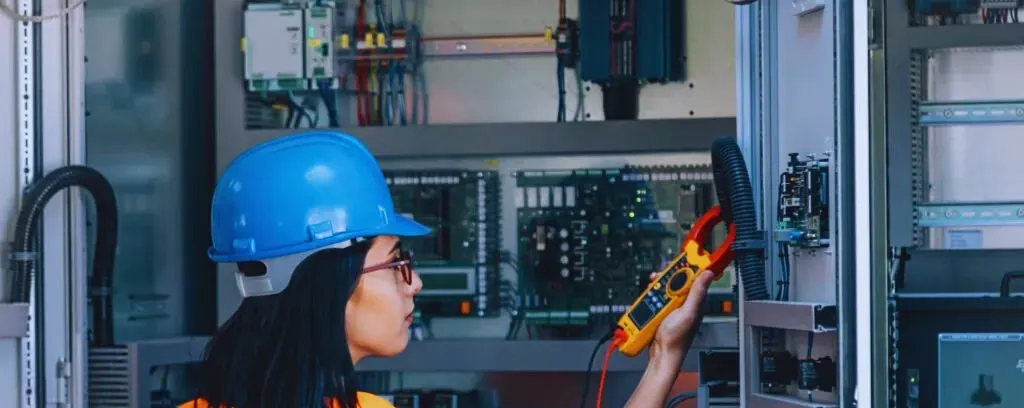Enhance Your Home with a High-Speed, Dependable EV Charging Station
Electric vehicles (EVs) are no longer a glimpse into the future—they are our present reality. With the steady rise of EV ownership across the country, the demand for at-home charging solutions is booming. In this comprehensive guide, we explore why installing a high-speed, dependable EV charging station is one of the smartest upgrades you can make for your home. From cutting energy costs to boosting property value, this upgrade is not only practical but transformative.
Let’s dive deep into the world of home EV charging and show you how to do it right.
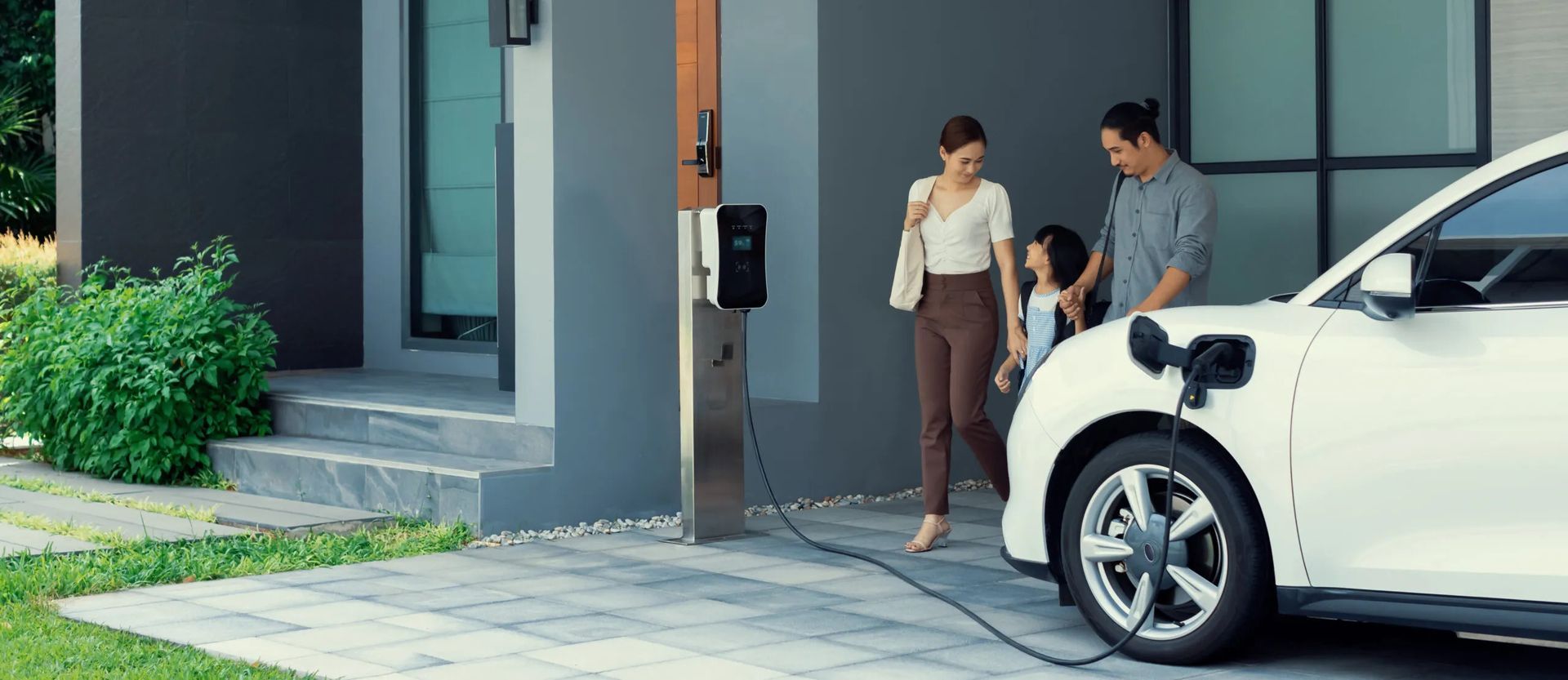
EV Charging Station for Home Use
The idea of plugging in your car just like your smartphone may have sounded far-fetched a decade ago. Today, it’s a daily routine for EV owners. A home EV charging station is a device that enables you to charge your electric car safely and efficiently in the comfort of your own garage or driveway. These chargers come in various styles and power capacities, but their core purpose remains consistent: convenience, reliability, and speed.
Why Home EV Charging Stations are Essential
Imagine never needing to stop at a gas station again. That's the reality for many EV owners who invest in a residential charger. Home chargers offer:
- Time efficiency: Charge overnight and wake up to a full battery.
- Energy cost control: Take advantage of off-peak electricity rates.
- Peace of mind: You’re always ready for your next drive.
Understanding EV Charging Levels
To make an informed decision, it's crucial to understand the three levels of EV charging:
- Level 1: Standard 120V outlet. Great for emergencies but painfully slow.
- Level 2: 240V charger—ideal for home use. Adds 20–30 miles per hour.
- Level 3/DC Fast Charging: Ultra-fast but expensive and usually commercial only.
For most homeowners, Level 2 hits the sweet spot between affordability and speed.
Benefits of Installing a Home EV Charging Station
Aside from the obvious convenience, a home EV charger provides:
- Reduced wear on your EV battery through controlled charging
- Lower carbon footprint when paired with green energy
- Boosted property appeal for eco-conscious buyers
Types of EV Chargers for Home Use
Choosing the right model is key. You can go with:
- Portable chargers: Compact but limited in power.
- Wall-mounted units: Sleek, fixed, and often faster.
- Smart chargers: Feature-rich with app-based controls.
Smart Charging Technology and Features
Modern chargers are no longer just outlets. They come with smart features such as:
- Mobile app integration
- Voice command compatibility
- Charging schedule programming
- Usage and cost tracking
These tools optimize energy usage and enhance control.
Safety Considerations When Installing an EV Charger
Safety is non-negotiable. Using a certified Electrical Service ensures:
- Correct amperage wiring
- Weatherproof installations for outdoor units
- Proper grounding and surge protection
Never DIY unless you’re a licensed electrician—your life could literally depend on it.
What Makes a Dependable EV Charging Station?
Here’s what separates the best from the rest:
- UL or ETL Certification
- Warranty (at least 3 years)
- Weather resistance
- Fail-safes and error alerts
Cost Breakdown of Installing an EV Charger at Home
Many homeowners are surprised to learn that installing a home EV charger is more affordable than they expected. While prices vary based on complexity, location, and unit type, here’s a general estimate:
Component Estimated Cost
Level 2 Charger (Hardwired) $400–$1,200
Installation Labor (by licensed Electrical Service) $300–$1,000
Permit & Inspection Fees $50–$200
Panel Upgrade (if needed) $1,000–$3,000
Miscellaneous Equipment (outlets, cabling, conduit) $100–$300
Total: $850–$5,500 depending on setup
The good news? You can recover a significant portion of this cost through federal tax incentives, state rebates, and increased home resale value.
ROI: How an EV Charger Adds Value to Your Home
Let’s talk numbers. According to multiple real estate analysts, homes equipped with an EV charger tend to sell faster and at a premium, particularly in EV-friendly regions. Here's why:
- Future-Proof Appeal: Buyers increasingly look for eco-conscious amenities.
- Convenience Factor: Just like upgraded kitchens or smart thermostats, home chargers enhance usability.
- Green Certifications: Homes with sustainable upgrades can qualify for energy-efficient mortgage programs.
A 2022 Zillow survey found homes with EV chargers sold for 1.5% more on average. For a $500,000 home, that’s a $7,500 boost.
Permitting and Legal Requirements in Residential Areas
You can’t just mount a charger and plug it in without oversight. Many municipalities require:
- Electrical permits
- Load calculations
- Ground fault protection inspections
If you live in a condo or HOA, you’ll need written approval. Most boards are now legally required to allow installation under "Right to Charge" laws in EV-forward states. Be sure to work with a qualified Electrical Service that can navigate these nuances for you.
Installation Process: Step-by-Step Guide
Here’s what the process typically looks like:
- Site Assessment – A licensed electrician checks your breaker panel and assesses the charger location.
- Permitting – They obtain the necessary electrical permits.
- Installation – Mounting the charger, running new wiring, and grounding connections.
- Testing – They’ll test for voltage stability and connectivity.
- Inspection – Final approval by a local building inspector.
Once done, you're ready to plug in and power up with peace of mind.
Why Hire a Licensed Electrician?
One wrong wire, and you're facing serious risks—fires, power outages, or damaged vehicles. That’s why you should always rely on professional Electrical Service providers. They ensure:
- Code compliance
- Proper amperage and circuit design
- Long-term safety and reliability
- Valid manufacturer warranty (which often requires pro installation)
Maintaining Your Home EV Charging Station
Good news: EV chargers require very little maintenance. Still, don’t ignore these upkeep basics:
- Monthly inspection of cables and plugs
- Keep the area clean and dry
- Software updates if your charger is smart-enabled
- Surge protection with backup GFCI if needed
A once-a-year checkup by your local Electrical Service is also advisable.
Troubleshooting Common EV Charger Issues
While EV chargers are generally reliable, you may run into hiccups. Common issues include:
- Charger not initiating: Often a tripped breaker or network disconnection
- Slow charging: May result from a poor circuit or outdated firmware
- Overheating: Improper installation or faulty cabling
- App not syncing: Reboot your router or reinstall the charging app
Pro tip: Always consult your manufacturer guide and call an expert if the issue persists.
EV Charger Compatibility: Will It Work With All EVs?
Most Level 2 chargers use the J1772 connector, compatible with every major EV brand including Ford, GM, and Nissan. Tesla uses a proprietary plug but includes a J1772 adapter with every vehicle.
To ensure future compatibility, choose a unit with:
- Adjustable amperage
- Smart diagnostics
- OTA (Over-the-Air) firmware updates
Future-Proofing: Is Your Charger Ready for the Next Generation?
Battery capacities and charging technologies are evolving rapidly. Ask these questions before buying:
- Does this charger support faster charging rates (up to 50A)?
- Can it handle dual EV charging (if you get a second vehicle)?
- Is it upgradeable via firmware?
If yes, you’re good for the next decade at least.
Energy Efficiency and Green Living
Pair your EV charger with solar panels or energy storage batteries, and you’ve got a closed-loop, sustainable system. This not only slashes your carbon footprint but can significantly reduce your power bill—especially with net metering policies.
Some states even offer green building credits for homeowners who integrate solar and EV charging solutions.
Smart Home Integration for EV Charging
Control your charging station using:
- Google Assistant or Alexa
- Apple HomeKit (for some models)
- Scheduling features to charge during low-rate hours
You can even get notifications about your vehicle’s charge status while sipping coffee in the kitchen.
Choosing the Right Location for Your Charger
Garage wall? Carport? Driveway pillar? Each option has pros and cons.
LocationProsConsGarage WallWeatherproof, hiddenLimited if garage is tightOutdoor WallGood for multiple EVsNeeds weatherproofingFreestanding PoleHighly flexibleMost expensive to install
Always select a spot with minimal cable stretching and direct access to the power panel.
How Long Does It Take to Charge at Home?
Charging time depends on your EV and charger level:
- Level 1: 4–5 miles of range per hour
- Level 2: 20–30 miles per hour
- Full charge: Most EVs take 6–10 hours on Level 2
So yes, overnight charging is very realistic—even with a depleted battery.
Grants, Incentives, and Tax Credits for EV Chargers
You may qualify for:
- Federal EVSE Tax Credit (30% up to $1,000)
- State-specific rebates (e.g., $500 in California)
- Utility provider discounts or time-of-use (TOU) rate plans
To maximize benefits, consult with your Electrical Service provider who knows the local paperwork inside-out.
Green Energy Partnerships and Certifications
Look for Energy Star® certified chargers. Also, consider green utility providers that allow you to power your home—and EV—with 100% renewable energy.
Security Measures for Outdoor EV Chargers
Worried about theft or tampering? These tips help:
- Lockable mounts
- App alerts for unplugging
- Outdoor camera systems
- Motion-sensing lights
A little precaution goes a long way in protecting your investment.
Myths About Home EV Chargers Busted
Myth: "They’re too expensive."
Truth: Many are under $1,000 and eligible for tax credits.
Myth: "Installation is a huge hassle."
Truth: A professional can install it in a single day.
Myth: "It'll overload my panel."
Truth: Not with proper
Electrical Service upgrades.
How to Get Started Today
Ready to electrify your home? The first step is easy—Contact a certified electrician for an assessment and quote. AT Electric offers professional, reliable installations designed to meet your home’s unique needs.
FAQs About EV Charging Station Installation
How long does it take to install an EV charger at home?
Usually 2–4 hours with a certified electrician, assuming your panel supports the load.
Is a permit required to install an EV charger?
Yes, most jurisdictions require a permit. Check with your local municipality or
Electrical Service provider.
Can I use my dryer outlet for EV charging?
While technically possible, it’s not ideal. A dedicated circuit is safer and more efficient.
Do home chargers work with all EVs?
Most Level 2 chargers are universal with a J1772 connector, compatible with all EVs except Tesla (which uses an adapter).
Will installing a charger increase my electricity bill?
Yes, slightly. However, it’s still cheaper than gasoline and offers better mileage per dollar.
Can I get a tax credit for installing an EV charger?
Absolutely. Federal credits and state incentives can reduce the cost by up to 30%.
Conclusion
There’s no question: installing a high-speed, dependable EV charging station enhances your home in ways that are both practical and future-focused. It elevates your property’s value, reflects your commitment to sustainability, and supports your daily commute with seamless convenience. If you're ready to join the e-mobility revolution, reach out today through this Contact page and get expert help with your installation.
Links:
- Electrical Service → https://www.atelectricllc.com/
- Contact → https://www.atelectricllc.com/contact
